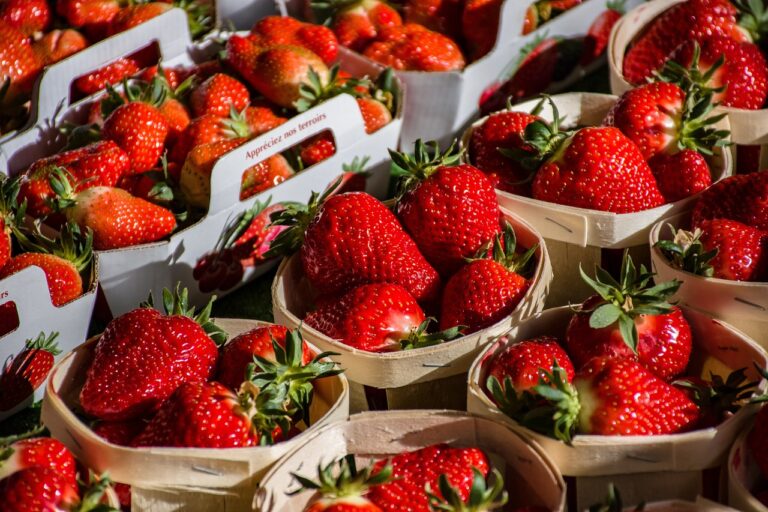The Future of Food Innovation: Novel Ingredients, Processing Techniques, and Product Development
The food industry faces numerous challenges in today’s fast-paced world. One of the main issues is the increasing consumer demand for healthy and sustainable food options. This requires food producers to constantly innovate and adapt their products to meet these changing preferences. Additionally, the rise of food allergies and dietary restrictions further complicates the production process, as companies must ensure their products are safe for all consumers.
Another challenge in the food industry is food safety and regulations. With the global nature of food production and distribution, ensuring that products meet safety standards can be a complex and costly process. The need to comply with stringent regulations adds another layer of difficulty for food companies, requiring them to invest in quality control measures and rigorous testing procedures to guarantee the safety of their products.
Emerging Trends in Food Innovation
As consumer preferences continue to evolve, the food industry is witnessing a shift towards more plant-based and sustainable products. Innovations in food technology are opening up opportunities to create meat alternatives that closely mimic the taste and texture of traditional animal-based products. This trend is not only catering to the growing demand for plant-based options but also addressing concerns related to environmental sustainability and animal welfare.
Furthermore, personalized nutrition is gaining traction as a key focus area in food innovation. With advancements in technology, companies are able to offer tailored nutritional solutions based on an individual’s unique needs and preferences. From personalized meal kits to DNA-based diet recommendations, the food industry is leveraging data and analytics to deliver customized food experiences that cater to the specific requirements of consumers.
Revolutionizing Food Production Methods
The food production landscape is undergoing a profound transformation with the advent of cutting-edge technologies. Automation plays a pivotal role in streamlining processes, enhancing efficiency, and ensuring consistent quality across various food production stages. From automated harvesting tools to state-of-the-art packaging machinery, the integration of technology is revolutionizing the way food is produced on a large scale.
Furthermore, sustainable practices are increasingly becoming a focal point in food production methods. Sustainable agriculture techniques, such as precision farming and water conservation measures, are gaining traction as the industry seeks to minimize its environmental footprint. By adopting these eco-friendly approaches, food producers are not only meeting the growing demand for responsibly sourced products but also contributing to the preservation of natural resources for future generations.
Automation in food production streamlines processes and enhances efficiency
Cutting-edge technologies are revolutionizing the way food is produced on a large scale
Sustainable practices like precision farming and water conservation are gaining traction
Industry seeks to minimize environmental footprint through eco-friendly approaches
Food producers meeting demand for responsibly sourced products while preserving natural resources
What are some of the challenges faced by the food industry?
Some of the challenges include meeting the growing demand for food, ensuring food safety and quality, dealing with environmental sustainability issues, and adapting to changing consumer preferences.
What are some of the emerging trends in food innovation?
Emerging trends in food innovation include plant-based proteins, sustainable packaging, personalized nutrition, food tech advancements, and the use of artificial intelligence in food production.
How are food production methods being revolutionized?
Food production methods are being revolutionized through the use of technology such as automation, robotics, and data analytics to increase efficiency and reduce waste. Additionally, there is a growing focus on sustainable practices and alternative sources of protein.







